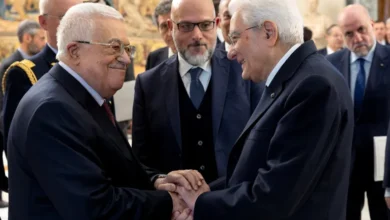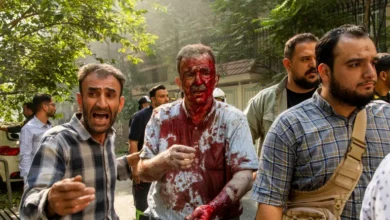Crafting Peaceful Resolutions: How Arbitration Agreements Shape International Relations
In the contemporary world, the tendency of nations to resolve their problems through legal and legislative means is on the rise. One prime example can be seen in the construction of trade agreements which include the use of arbitration. In this context, the role of an arbitration agreement cannot be underestimated. To begin with, an arbitration agreement is typically meant to define the subject matter of arbitration, elaborate the process of the actual arbitration, identify the rules of the arbitral procedure, and nominate the arbitral tribunal obtaining jurisdiction. When defined correctly, arbitration can peacefully facilitate diplomacy and trade-related operations among nations.
To this end, an international trade agreement is usually coupled with a legal framework that is established based on the aforementioned arbitration agreement. Almost always, these agreements aim to foster companionship and support them with solid legal grounds. More often than not, however, such peace agreements are not well crafted, thus are in dire need of a sound arbitration agreement draft.
Of course, the realm of international politics is highly dynamic, with states moving away from arbitrating their disputes through litigation and getting the most favorable outcomes through arbitration. This approach is not solely based on legal jargon, but also shaped by the way states perceive each other in terms of dignity, security, or other socio-political parameters. In this regard, nations tend to favor the use of channels that allow for a more resilient dialogue that do not necessarily disrupt the entire diplomatic network.
What is more is that, there are plenty of international cases that have been closed peacefully through the only existence of arbitration. To this end, states are more inclined to review an arbitration agreement draft before signing a contract, or during the settlement of a recurring political clash. In fact, it is not rare for countries to sign a treaty solely for the purpose of affecting a future conflict that is expected to arise. This explains the importance of reviewing an arbitration agreement draft before signature.
In any case, it is fair to say that courts have lost their appeal to international states in terms of conflict resolution. Yet, there is a need for drafting an arbitration agreement that recognizes how arbitration works. Otherwise, an arbitration agreement can be written either too broadly or too narrowly, thus bringing about a slew of problems that are difficult to solve.
At present, the Middle Eastern landscape is a mosaic of nations that seem to be at odds with one another for years past. In normal circumstances, an arbitration agreement would facilitate a peaceful arbitration process. However, most of the countries in the Middle East and North Africa do not even recognize each other, let alone refer their disputes to employees working for multi-national organizations that are well known for their historical bias towards other countries.
To this end, enlightened states in the region have sought to organically create arbitration networks that accommodate their needs not only to meet their territorial integrity, but also to show an accommodating gesture to their partners in business. By doing so, the countries that embrace the new notion of peace can establish an immediate international credibility which the international community will eventually notice. The goal is to make a self-sustaining system that is not shaken easily by obstacles, including the inability to communicate across the national border.
Eventually, the self-sustaining system will work in a way that minimizes the effects of being political isolated or ostracized in international disputes. And even though the situation seems difficult to analyze (since new “conflicts” are being created all of the time), a sound arbitration agreement draft will certainly help by setting the legal framework for the treatment of disputes between countries that may never have previously worked together. Whether enforced or not, but the very existence of an arbitration agreement can affect the possibility of an arbitrator’s presence, should the issue be subjected to an unsupervised political process.
By integrating examples of successful precedent in the Arab world, the best practices for drafting an arbitration agreement draft should be made available, with the goal of obtaining a strategy that prevents an international dispute from channeling into political stigmas that derail the peace process.
In fact, the future of many states is evolving along these lines, where the ruling elite understand that a more stable future is reliant on the exchange of resources (from food, to arms), not on the ability to threaten another state with political or military violence.
The facts are available, and the alternatives are there. With time, it is just a question of how fast the international stakeholders (both minor and major players) can integrate themselves into the enforcement of laws that recognizes human rights, due process, and appreciates the benefits of sustaining alternative channels of diplomacy.



